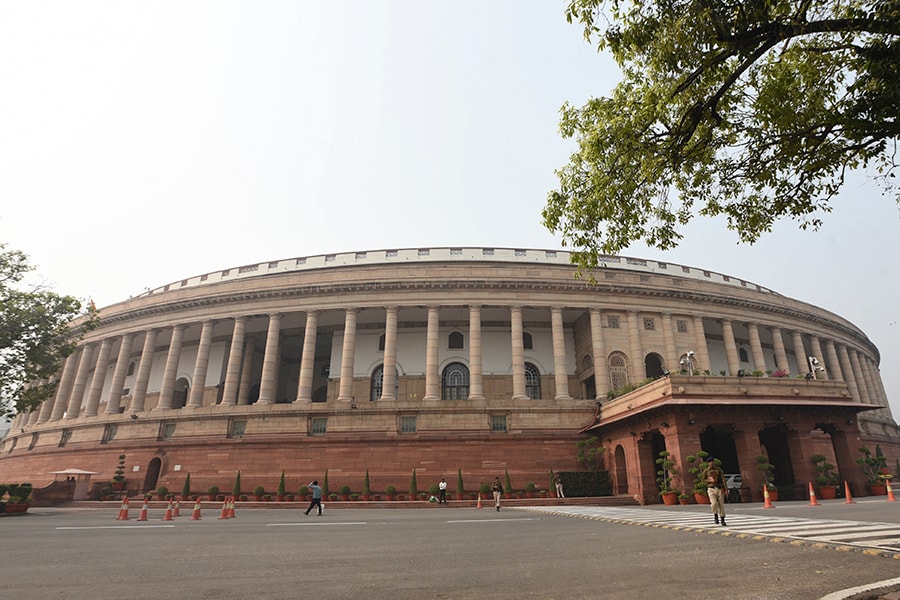
IT House Panel quizzes ministries over code of ethics for OTT platforms
In two different meetings, the Shashi Tharoor-chaired committee asked the government if they had the legal mandate to regulate streaming services and digital news portals under the IT Act
 Image: Sonu Mehta/Hindustan Times via Getty Images
Image: Sonu Mehta/Hindustan Times via Getty Images
The last two days have been eventful for the Shashi Tharoor-led Parliamentary Standing Committee on Information Technology. Over two meetings, the members of the committee grilled officials from the Ministries of Electronics and Information Technology, Information and Broadcasting, and Home Affairs about the newly notified rules to regulate news portals and streaming services, impact of the rules on encryption, and the state of cybersecurity in India, Forbes India has learnt from sources.
‘Did you have the power to notify Rules for news portals, OTT services?’
On Monday, the committee grilled MeitY and MIB officials, who were led by their respective secretaries Ajay Prakash Sawhney and Amit Khare, over the Information Technology (Intermediary Guidelines and Digital Media Ethics Code) Rules, 2021 that were notified by the Centre on February 25. These Rules lay down the guidelines that intermediaries, social media platforms, digital news publishers and streaming services have to now follow in India.
At least two members, including chairperson Tharoor and Congress’s Karti P Chidambaram, asked MeitY officials about which act allowed them to frame rules to govern OTT platforms such as Netflix and Amazon Prime, and digital news publishers. It is understood that Sawhney said the IT ministry is granted with such powers under Section 69A of the Information Technology Act, 2000.
The new Rules have been notified under Section 87(2)(z) and (zg) of the IT Act which give the central government the power to lay down the procedures and safeguards for blocking for access by the public under Section 69A and guidelines that need to be observed by intermediaries under Section 79.





